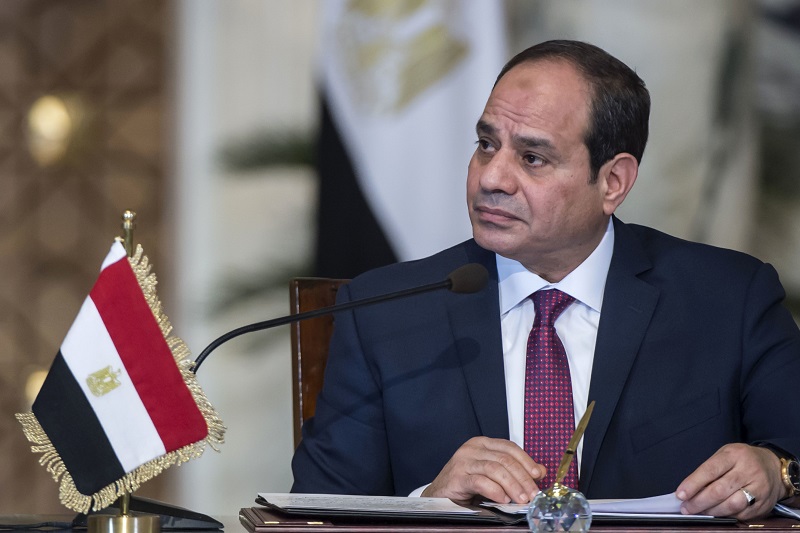Egyptian President Abdel Fattah el-Sissi has officially declared his intention to seek re-election in the upcoming December elections. This decision, announced during the “Story of Homeland” national conference, holds significant implications for Egypt’s political landscape and its economy.
Election Timeline
The presidential elections are scheduled from December 10th to 12th, with a potential runoff on January 8th to 10th if no candidate secures over 50% of the vote. The choice to hold the elections in December, deviating from the constitutional provision for spring elections in 2024, is driven by pressing economic concerns.
Challenges Ahead
Egypt confronts a formidable economic landscape. Inflation rates have surged to 40%, and the recent 50% devaluation of the Egyptian pound has inflated the prices of essential goods. These economic hardships have created a sense of urgency for the government.
Keep Reading
Political Landscape
While President el-Sissi enters the race as the frontrunner, several other politicians have announced their intentions to challenge him. Ahmed Altantawy, a former congressman and government critic, is among those seeking to compete for the presidency.
Election Process
Candidates must submit their applications in October, with the official campaign period running from November 9th to November 29th. Egyptian citizens living abroad will cast their votes from December 1st to December 3rd.
El-Sissi’s Tenure
Abdel Fattah el-Sissi has led Egypt since 2014, following a military coup that ousted the elected president in 2013. His presidency has been marked by a crackdown on opposition, leading to the arrest of thousands, including Islamists and secular activists.
As Egypt prepares for a crucial presidential election in December, economic challenges and political dynamics will play pivotal roles in shaping the outcome. President el-Sissi’s decision to seek re-election underscores the need to address these challenges for the nation’s future stability and prosperity.

